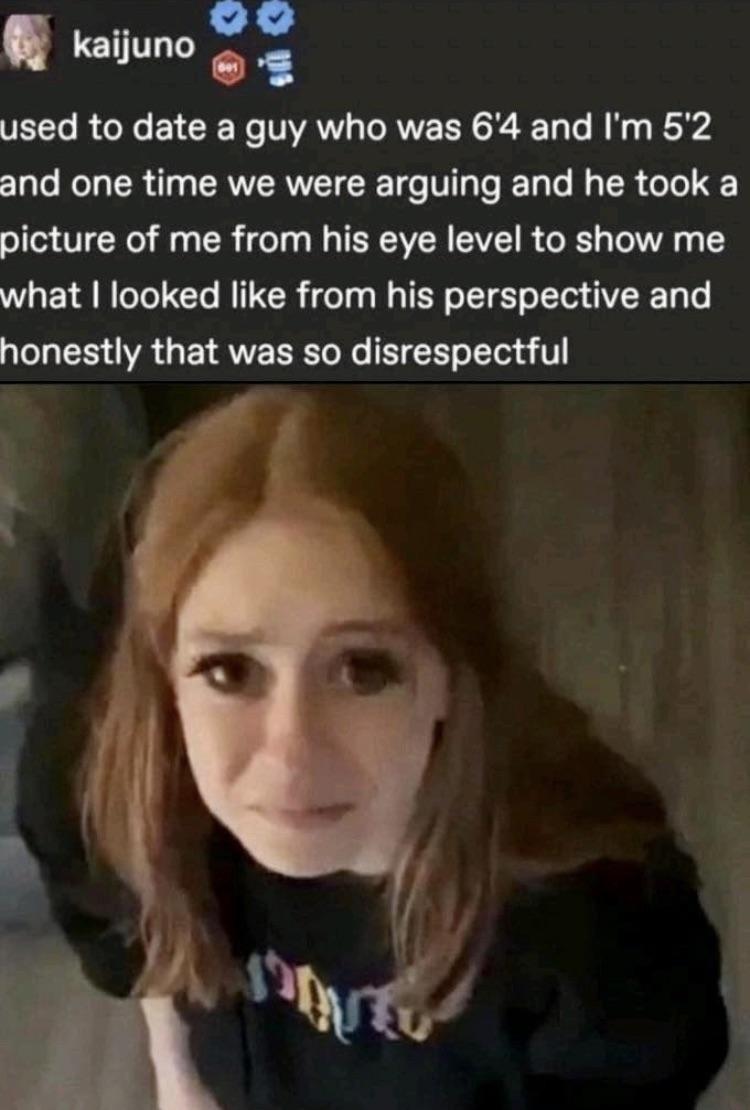this post was submitted on 05 Nov 2023
834 points (97.3% liked)
Microblog Memes
7361 readers
3519 users here now
A place to share screenshots of Microblog posts, whether from Mastodon, tumblr, ~~Twitter~~ X, KBin, Threads or elsewhere.
Created as an evolution of White People Twitter and other tweet-capture subreddits.
Rules:
- Please put at least one word relevant to the post in the post title.
- Be nice.
- No advertising, brand promotion or guerilla marketing.
- Posters are encouraged to link to the toot or tweet etc in the description of posts.
Related communities:
founded 2 years ago
MODERATORS
you are viewing a single comment's thread
view the rest of the comments
view the rest of the comments

There's no one answer to your question, but from an ecological standpoint, sexual selection plays the main role in this. There are a lot of variables and the societal pressures are integral. The people you live around, and the multigenerational influences that shape your community steer this selection. But that's not to say that nature is intentional.
As an example, the people who came to Hawai'i had a tendency towards very large men and very small women. Because of the isolation in the islander cultures and the relatively small population sizes, this could exaggerate selective pressures. I think it's important to point out for whoever needs to hear it that being small statured should not be confused with subservience, absolutely.
This is one example in a whole world of variables that agree with your observation, but there are many cultures where that sexual selection is completely different. The ideas of who does what in a relationship in order to build a life with another person is influenced by the agreements we've been taught in our communities and carried on in a way that expresses itself genetically over time. Like you said, people like what they like, and as such, the idea of beauty (or desirability as a mate, more accurately) continues to change and is not the same in other places. Ultimately, those that reproduce will give rise to certain selections, but the reasons are so varied that it can't be apparent until looking at long spans of time and generalized pressures.
All that to say, nature is not choosing or steering anything. Natural selection is backward-looking. It is an adaptation to pressures that existed, not an ideal or purpose for the future. It's accidental, and stumbling, and pure chance in a lot of instances.